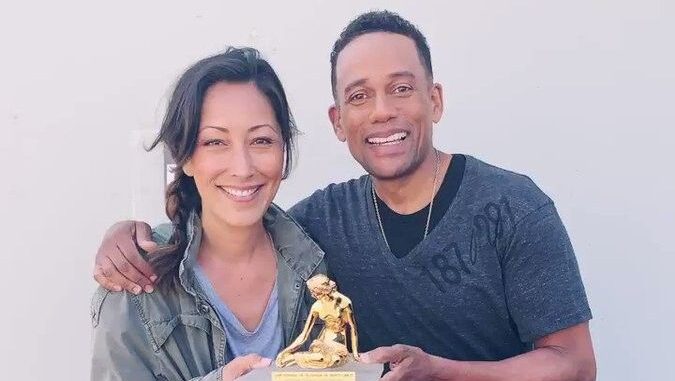
In a world full of gifted surgeons, none stand out quite like Dr. Shaun Murphy—not because of the scalpel he wields, but because of the mind behind it. The Good Doctor, anchored by Freddie Highmore’s riveting performance, doesn’t just entertain—it enlightens. It redefines brilliance, compassion, and courage by placing a neurodivergent doctor at the heart of a high-pressure medical universe.
Shaun Murphy isn’t your traditional TV doctor. He doesn’t walk into a room with swagger or deliver charming one-liners. Instead, he processes the world with laser-like precision and stunning clarity. From the very first episode, viewers realize they’re witnessing something rare. This is a character who challenges us to rethink what it means to be “normal,” what it means to be gifted, and what it means to be human.
Highmore’s portrayal is magnetic. Every moment—whether Shaun is performing an intricate surgery or simply trying to understand the nuance of a joke—is layered with vulnerability and fierce intellect. His brilliance as a doctor stems not just from his savant syndrome, but from his relentless pursuit of truth. He’s not driven by ego or ambition. He’s driven by a deep, sometimes painful desire to help, to heal, and to matter.
What’s so compelling about The Good Doctor is how it allows us to see the world through Shaun’s eyes. Visual montages show how his brain maps out medical challenges in real-time. These moments aren’t just flashy effects—they’re invitations into a mind unlike any other. And yet, even as we marvel at his genius, we’re equally drawn to his emotional journey: his struggle to fit in, his yearning for connection, his triumphs and stumbles in love and friendship.
One of the show’s most groundbreaking achievements is its ability to showcase Shaun’s professional growth while also allowing space for his emotional evolution. He begins as an outsider in the hospital, mistrusted by peers and questioned by superiors. But through sheer resilience—and, crucially, the support of mentors like Dr. Glassman—Shaun earns his place not just as a skilled surgeon, but as a respected colleague and friend.

This development is never rushed. The writers and Highmore himself (who also serves as executive producer) understand that growth takes time. Shaun doesn’t suddenly “get” social cues. He learns them through experience, sometimes painfully. And those lessons often come not in grand gestures, but in quiet, everyday moments: a shared meal, an awkward apology, a realization that love can be both terrifying and exhilarating.
As Shaun’s world expands, so does ours. The show introduces characters who both challenge and champion him. From his romantic arc with Lea to the fierce loyalty of coworkers like Claire and Park, The Good Doctor creates a tapestry of relationships that deepen the emotional core of the series. These interactions aren’t always smooth—but that’s the point. They’re real. They reflect the complexity of navigating connection when communication styles differ.
Perhaps the most striking aspect of the show is how it balances Shaun’s clinical genius with his emotional vulnerability. He might diagnose a rare tumor in seconds, but struggle to express why a patient’s death devastates him. And yet, we never doubt his heart. Highmore ensures that even Shaun’s silences speak volumes. His emotions simmer beneath the surface, and when they rise—whether in frustration, grief, or joy—they hit with astonishing force.
It’s no surprise that Shaun Murphy has become a cultural icon. In portraying him, The Good Doctor is not just telling a compelling story. It’s sparking crucial conversations about autism, empathy, and inclusion. By showing a character who is both brilliant and flawed, strong and sensitive, the series shatters stereotypes and fosters understanding.
Freddie Highmore deserves every accolade for the depth he brings to the role. He doesn’t act from the outside in—he inhabits Shaun. His performance is studied but never cold, deeply empathetic yet unflinchingly honest. Behind his thoughtful gaze and hesitant speech lies a character so rich, so human, that it’s impossible not to root for him.
